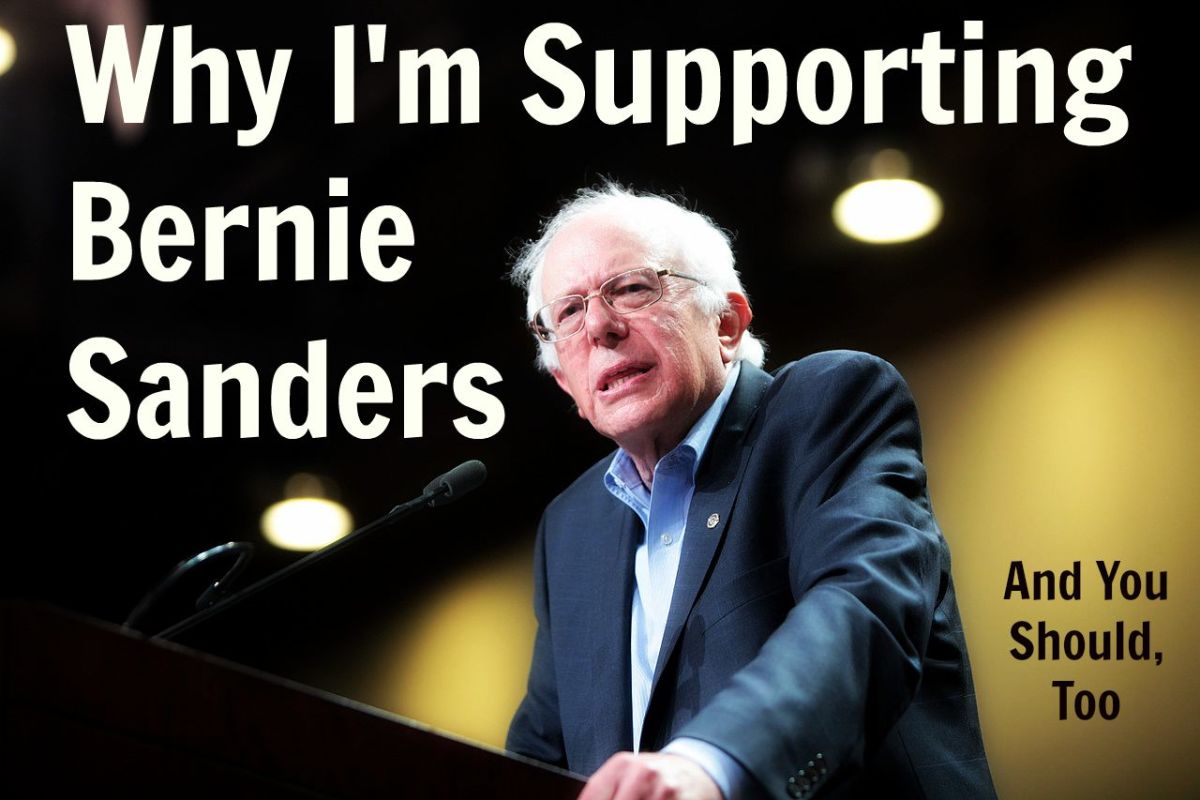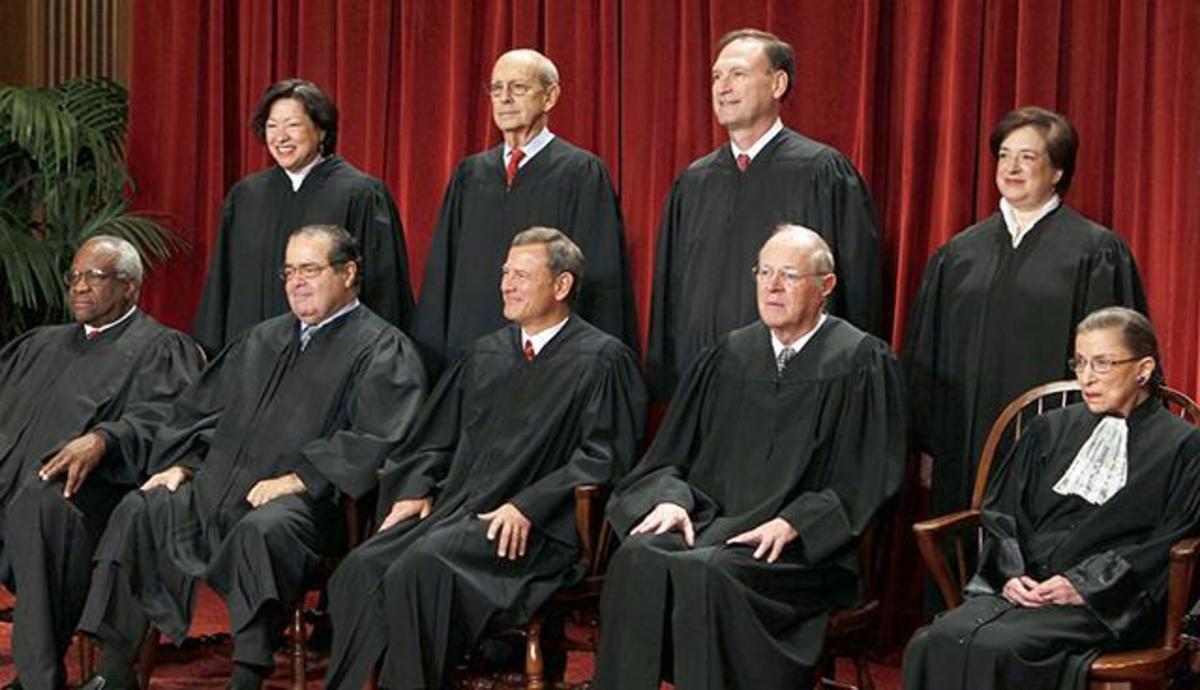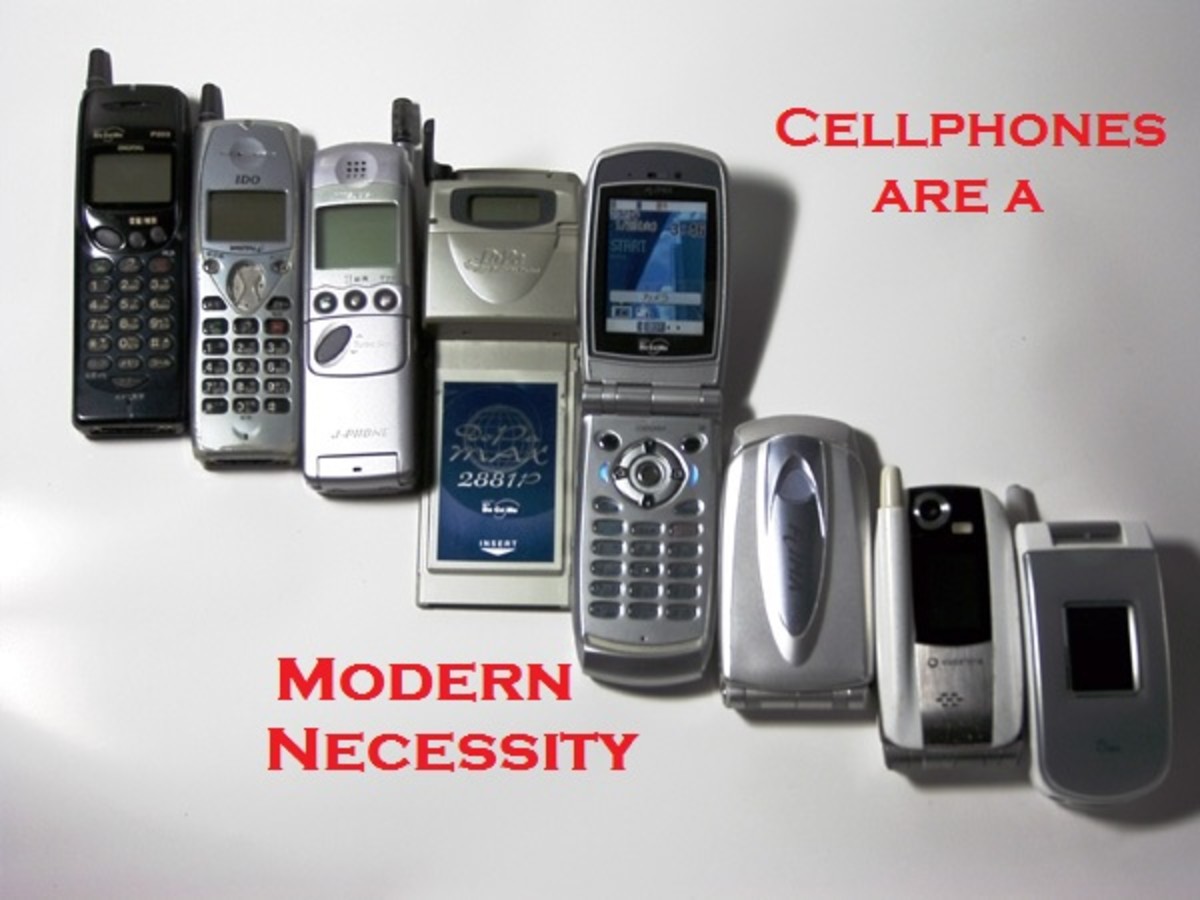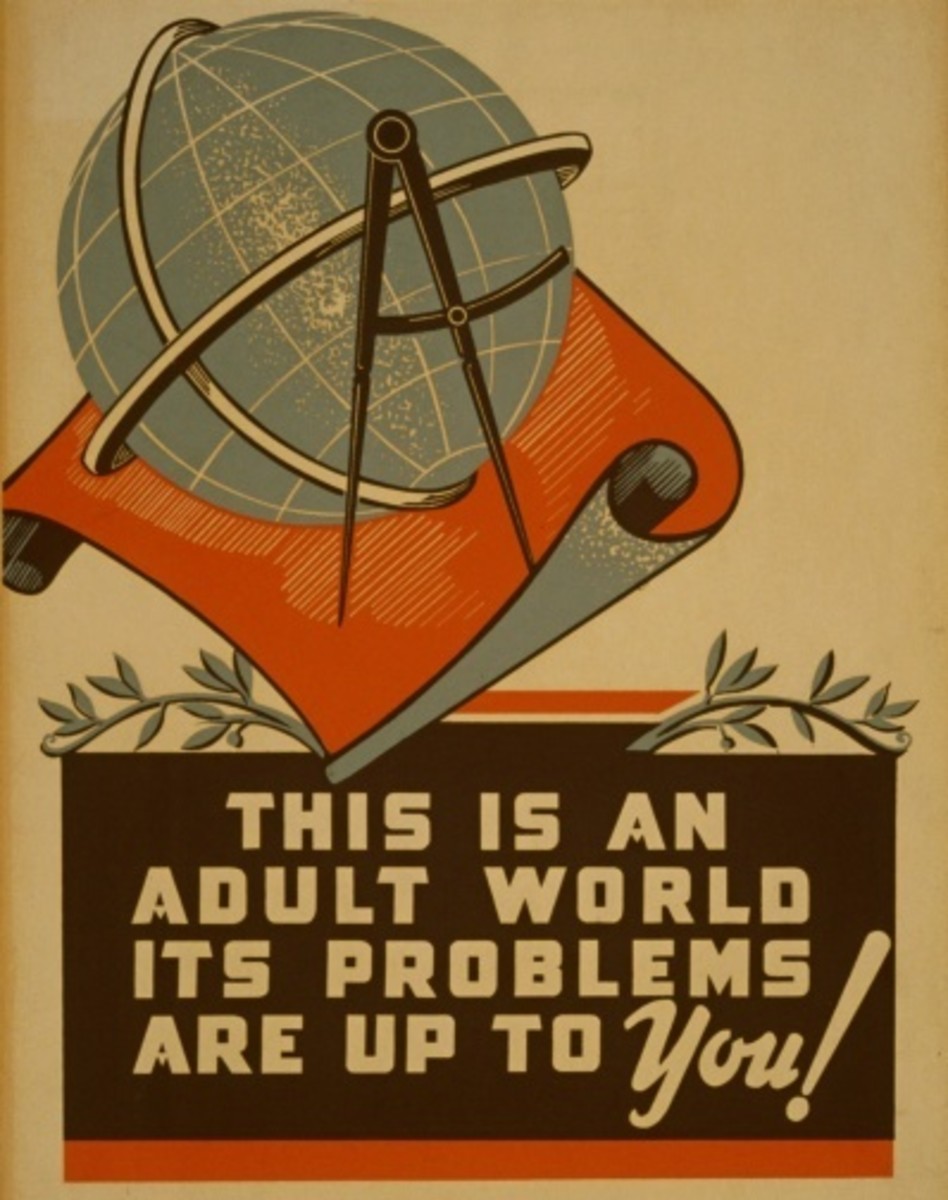The flawed assumptions of campaign finance reform
If there’s one thing most Americans agree on, it’s that we need campaign finance “reform.” According to a Rasmussen poll, by most accounts a Republican leaning polling organization, 58% of the public thinks we need new campaign finance laws.
If there’s one Supreme Court decision almost everyone agrees is bad, it is the Citizens United decision. According to a survey conducted for Democracy Corps, 62 percent of voters oppose the Citizens United decision.
And finally, according to a Washington Post/ABC News poll, a whopping sixty nine percent of Americans think Super PACS should be banned. Yes, political action committees that allow people to pool their resources for a candidate to support television advertising. The horrors!
Okay, all snark aside, I find this unanimity of opinion disturbing, but not really surprising. Many Americans are not really all that supportive of free speech in general, despite it being placed first in the Bill of Rights by the founders of our country. Thankfully, most Americans still don’t support full public funding of elections and the banning of private contributions. Yet. And let’s hope they never do. There’s a lot of simplistic sloganeering from the left on this issue, with such pronouncements as “money isn’t speech” and “corporations aren’t people.” I don’t believe these arguments stand up to scrutiny and will respond to those assertions first, as well as some other arguments made by the left on this issue.
1. “Money isn’t speech”
Well, money, when given to a political candidate by a donor, almost always results in speech, and is usually given for the purpose of creating speech, to support the candidate the donor prefers. In that sense, money given to a candidate should be protected as a part of free speech because it results in speech and is intended to generate speech. That doesn’t mean that money is by itself speech, but the act of giving to a political candidate is intended to create speech and thus should be protected due to the deep connections between the two.
In addition, the act of giving money to a political candidate can also be constitutionally protected as “symbolic” speech. Because the donor almost always gives to a candidate because he supports the candidate’s views and wants him/her elected, it is an expressive act of support. In one sense, it isn’t that different from wearing an armband to protest the Vietnam war, displaying the confederate flag or the U.S. flag, or even burning the United States flag. All those activities have been mostly protected by the Supreme Court because they constitute symbolic speech. They may not be very articulate expressions. After all, does anyone really know precisely what someone displaying the confederate flag is trying to express by displaying it? We can infer that he supports his southern heritage and others can infer that he is supporting racism. Regardless, he is expressing himself, just like the donor who gives to a political candidate is expressing his support for a candidate and the desire to get that person elected.
There have been some objections to this kind of logic by some courts. For example, a judge has ruled a few months ago that even liking someone on Facebook is not constitutionally protected because it’s not a substantive form of expression and thus not free speech like, say, an internet post would be (here‘s the link). If you can see the absurdity of that ruling, why not see the absurdity of not protecting a gift of money to a cause as free speech? Giving to a candidate is analogously not much different than “liking” someone on Facebook. The person obviously “likes” the candidate enough to help get that person elected through a gift of money. Why not protect it as symbolic speech or a part of free speech?
2. “Corporations aren’t people and don’t have the rights of people”
If corporations don’t have rights as people, then that means any association of individuals for expressive purposes also don’t have the rights of people. Thus, the Boy Scouts of America or a woman-only gym or the NRA don’t have the same rights of people because they are associations of individuals. Does that mean those groups can’t sue anybody? After all, they don’t have the “right” to since they’re not individuals. Does that mean they can’t publish a pamphlet promoting their organization since it was created collectively? After all, they’re not “people.“ For that matter, if the pamphlet for say, the NRA was paid for by donations from corporations, does that mean it’s not protected speech because money was used to create it? Since these groups are associations of individuals coming together for a common purpose, they should be allowed to give money to a political cause, whether that’s to a political candidate, PAC, or political party. And while it may seem reasonable to be more comfortable with ideological corporations giving to candidates rather than non-ideological corporations (Coca cola or goldman sach’s giving money to a candidate) I really don’t see what the harm could possibly be. What’s the big deal if a big corporation decides to give money to a political candidate? What’s the harm?
3. “Money or corporations buy elections”
This treats the electorate like they are brainwashed little lemmings who can’t properly decide who to vote for in an election without being somehow brainwashed by corporate political advertising. Voters have free will. They still get to hear both sides of the debate in the televised forum and make up their own minds. And yes, sometimes some candidates have more money than others, but that doesn’t mean people still can’t decide fairly on who to vote for. I think the debates have more influence than political advertising. Do we really think too many people are going to change their votes because they hear one sides’ television advertisements slightly more than the others? I doubt it. And candidates have many advantages over others. Some are more good looking, some are better speakers, and some have simply more popular policies. Did George W. Bush win the 2004 election because he had more money (he did) or because the citizenry agreed with his policies more (at the time)? Did Obama win because he had more money (he did) or because people were sick of the Bush administration and McCain was an all around awful candidate?
The supposed problem of “Negative advertising”
Everyone complains about negative advertising and misleading ads. That a lot of political ads are misleading, I will concede. But political speech has always been full of bs, rhetoric and half truths. It’s always been a dirty process. What do you suppose we do about it? Ban political advertisements? Create some kind of “truth verifying” government agency that monitors ads to make sure there are no factual errors? That would set a very dangerous precedent. Speech doesn’t have to be true to be free and allowed.
And as far as “negative” advertising, how can that possibly be avoided? Candidates always have to point to the other’s faults. I don’t see how a successful political campaign could only rely on self promotion without also pointing out your opponent’s faults. That would be a sure fire way to lose an election.
I also find it bizarre how political pundits are always complaining about how divisive our heated our politics are. Compared to many other countries in the world, our politics are child’s play. Watch a television recording of a British parliament session on C-Span and see how friggin’ loud and boisterous those people get. And sometimes fist fights break out on national television during political debates in Europe. I’m not a fan of “divisiveness,” either. In fact, I’m a very non-confrontational person. But it seems kind of whiny to complain how divisive our politics are here. Perhaps Americans are just wimps when it comes to politics.
Conclusion
Any campaign finance reform measure will give us less free speech. It’s one of my big issues. I will refuse to vote for anyone who makes campaign finance reform a priority. Jon Huntsman, a centrist republican, for example, would probably be a better president than what we currently have, but I refuse to vote for him based on his views on this issue. I’m troubled by the majority support for issues like this and I’m afraid where this might lead. Fully publicly funded elections? Well, most Americans don’t support that, according to polls. Yet, anyway. Not many people, even in America are very die hard about free speech at all. I hope that changes, but I’m not holding my breath.







